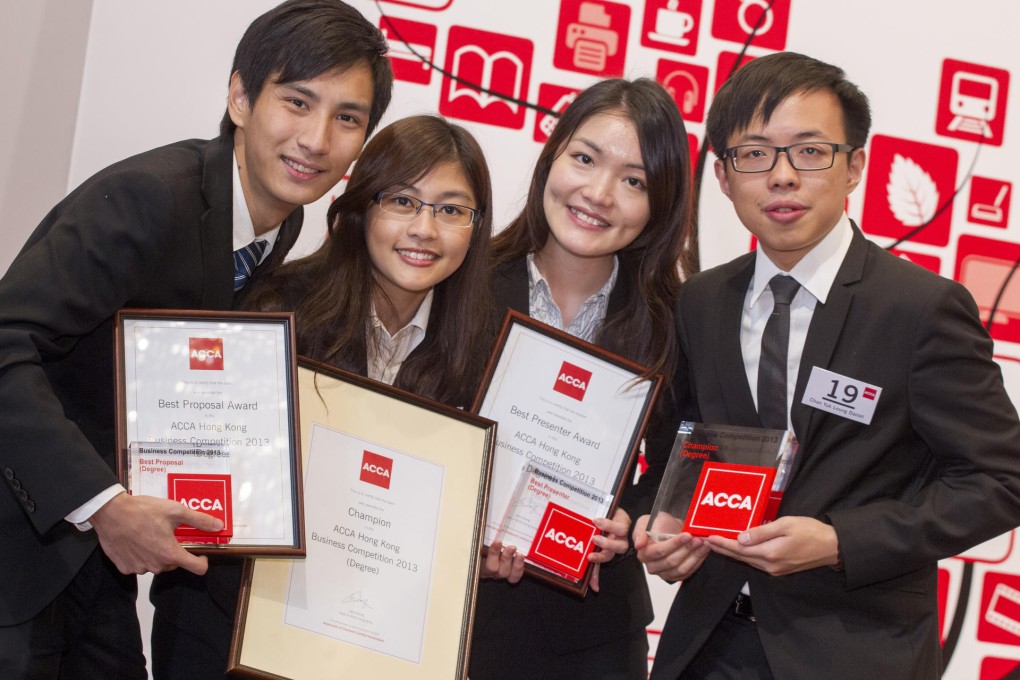Insight: greater clarity needed about what professional qualifications mean

For students who are completing their higher education, a degree - even at master's level - is often not enough to secure their future employability. Many need to start some professional training and prepare for another set of qualifications.
Universities in Hong Kong have traditionally worked hand in hand with professional bodies across fields such as medicine, law, accountancy and engineering to try and create a more seamless transition from academic study to ensure young people have professional competencies for the workplace.
The awards should not be seen as another certificate to list on a CV, but as a measure of competency
Yet the lines between academic and professional education are blurring as institutions focus on employability. Collaboration involves recognition of course content by awarding bodies to allow for fast-track entry or exemptions towards the professional award.
The advantages are that this attracts students to university courses, supports institutions by providing industry-relevant content and contacts, helps prepare students for the world of work and ensures a flow of talent for the professions.
Across China, universities are waking up to the value of such alliances. International professional bodies - operating like commercial businesses themselves - are engaged in a race to sign up higher education institutions to prepare students for their awards. Sometimes they involve commercial partners such as Kaplan , getting them to deliver the teaching if the university faculty does not do it themselves.
Chartered Financial Analyst (CFA) for the finance industry and Association of Chartered Certified Accountants for accountancy are the most established in China. Chartered Institute of Management Accountants, Institute of Chartered Accountants of England and Wales and Certified Practicing Accountants of Australia are also rapidly building their university partnerships.
While overseas awards are not recognised for local practice in areas such as law, accountancy and insurance, they are well received by the international business community in China, as well as domestic enterprises active in the global economy.